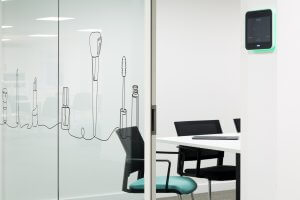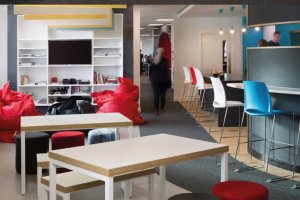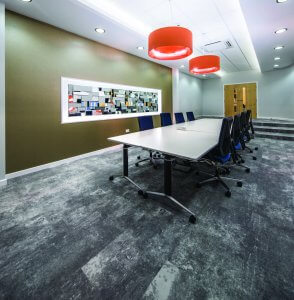
5 Features Every Small Office Needs to Maximise Space
Smaller offices can sometimes present a challenge in terms of maximising space whilst ensuring a layout that increases productivity. In this guide, we offer some tips on getting the most out of your small office space with some recent case studies included.




